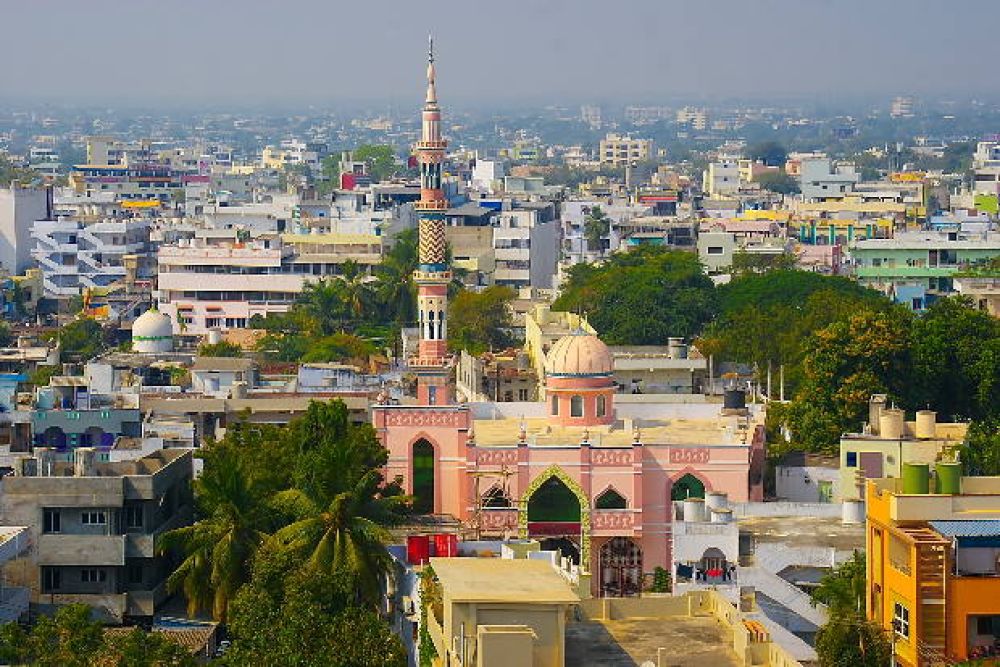

Khammam, a district in the southern state of Telangana, India, has a rich historical and cultural heritage that contributes to its tourism appeal. The history of tourism in Khammam is intertwined with its many attractions ranging from ancient forts to scenic landscapes. While tourism was not always a major industry in this region, it has gradually become an important aspect of Khammam’s economy and cultural exchange.
The foundation of Khammam's tourism can be traced back to its historical monuments, most notably the Khammam Fort. Dating back to 950 AD, this fort has been under the reign of multiple dynasties, each leaving its mark on the architecture and culture of the region. The fort draws history buffs and architecture enthusiasts from different parts of the world, piquing interest in Khammam's historical significance.
Religious tourism has also been a significant contributor to Khammam’s tourism history. The Bhadrachalam Temple, dedicated to Lord Rama, is a crucial pilgrimage center that attracts thousands of devotees annually, especially during the Rama Navami festival. The temple's location on the banks of the Godavari River adds to its spiritual and aesthetic appeal. These religious and historical sites laid the groundwork for developing tourism in the region.
With the discovery and promotion of natural attractions like the Papi Hills and Kinnerasani Wildlife Sanctuary, tourism in Khammam expanded beyond historical and religious sites. The breathtaking landscapes, rich biodiversity, and opportunities for nature walks and boating attract nature lovers and adventure tourists, contributing to the diversity of the tourism sector in Khammam.
In recent years, the Government of Telangana has taken significant steps to promote tourism in Khammam. These efforts have included infrastructural developments, such as improving road connectivity and constructing tourist facilities. Additionally, festivals and events highlighting cultural and traditional practices have been organized to attract a broader audience.
The latest trends in tourism in Khammam focus on sustainable practices and eco-tourism. There is a growing emphasis on preserving the natural beauty and cultural heritage of the region while promoting tourism. This trend has seen the development of eco-friendly resorts and the promotion of local arts and crafts, providing an authentic experience to visitors while boosting local economies.
Each era has contributed to the growth of tourism in Khammam, making it a composite of historical significance, religious fervor, and natural splendor. The latest efforts in sustainable tourism ensure that while the industry continues to grow, it also preserves the integrity and beauty of Khammam for future generations.